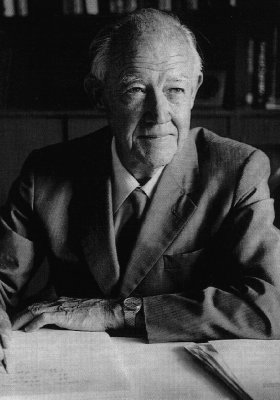The saying goes that we make progress on the shoulders of the giants who came before us. And that is obvious in the sciences: the thought processes, the experimental evidence and the conclusions are published in peer-reviewed journals.
The same is true in, say, architecture: not only can plans be inspected (along with notes of reasoning, very often), but their creations are available for consideration. Similarly, farmers can learn from knowledge of the results of practices, trials, successes and failures of previous generations of farmers. Enormous databases of court proceedings, arguments, and reasons for judgements provide a foundation for advances of the legal profession. And there are many more examples, such as engineering, computer software, car design, ……
Where am I going with this? Well, there is an enormous amount of knowledge and skill about teaching chemistry “out there”, as there has been in the past. And, by and large, the expertise of each teacher grows over time – through experience, conversations with colleagues, and attending professional development seminar and conferences.
But as each of these highly-skilled chemistry teachers retire and pass away, where is their accumulated knowledge?
Ashes to ashes, dust to dust, and knowledge to ……?
We can philosophise about where it has gone, but we do know that it is no longer available to help those of us following along behind. What a shame!
The best chemistry teacher I have ever had was Professor Sir Noel Bayliss, who was head of the Department of Chemistry at the University of Western Australia from 1938 to 1970 and was my PhD supervisor.
And why was he such a good lecturer? Since he is long-gone, I can only reflect on that question and reply that he seemed to explain things very clearly, and gave me many “Aha!” moments, even in lectures.
But what was the secret to the clarity of his explanations? He certainly was not a gimmicky teacher.
What strategic plans did he have in mind to get across to us the meanings of the concepts of chemical equilibrium, weak electrolyte, and entropy (for example). We will never know!
And so I bumble along, hopefully getting better with experience (of which I have had too much!), but am unable to learn from this giant who came before me. So sad!
The late Professor Sir Noel Bayliss
What can we do about it? How can we not only share teaching knowledge among contemporaries, but also with those who perhaps are not even yet born?
Yes, there are journals where the evidence from research studies into chemistry teaching and learning are published – but these journals are almost exclusively read by scholars in science teaching research centres or faculties of education. There is so little commonality of membership of these communities with those teaching chemistry.
We need forums where we not only to share our knowledge of teaching and learning chemistry, but also to document it for future generations of teachers – no matter how localised it might be.
Of course, all of what I have said here is equally applicable to the teaching of other subjects at schools, colleges and universities – but my focus in on the teaching and learning of chemistry.
There is an amazingly successful format for sharing and documenting teacher knowledge across all subjects. I refer to the Project for Enhancing Effective Learning that grew from acorns planted a couple of decades ago in Melbourne. If you want to read about it, or to participate, here are a couple of links ….
https://www.peelweb.org/
https://fuse.education.vic.gov.au/Resource/LandingPage?ObjectId=b8b672f0-72fb-4808-b852-47bd800ff442&SearchScope=Secondary
https://fuse.education.vic.gov.au/Resource/LandingPage?ObjectId=b8b672f0-72fb-4808-b852-47bd800ff442&SearchScope=Secondary
And there is another, less grand, way: that is to participate with me in this “Aha! Chemistry with Prof Bob” site.
Finding your way around .....
You can browse or search the Aha! Learning chemistry website in the following ways:
You can browse or search the Aha! Learning chemistry website in the following ways:
- Use the drop-down menus from the buttons at the top of each page to browse the modules chapter-by-chapter.
- Click to go to the TABLE OF CONTENTS (also from the NAVIGATION button) to see all available chapters and modules in numbered sequence.
- Click to go to the ALPHABETICAL INDEX. (also from the NAVIGATION button).
- Enter a word or phrase in the Search box at the top of each page.


